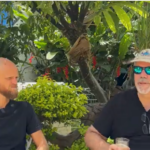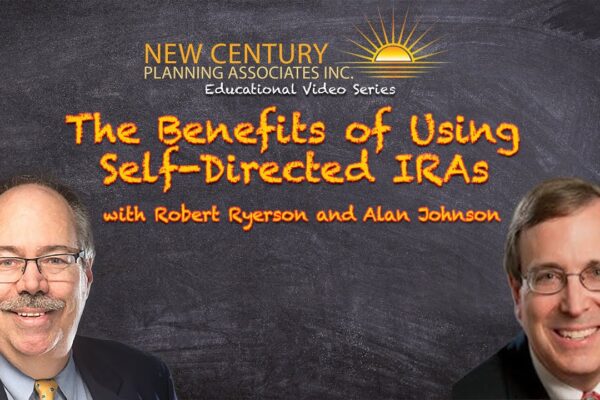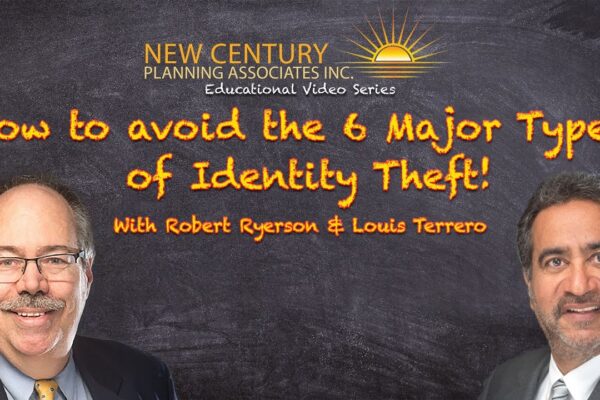Smart Estate Planning for Seniors: Essential Insights from Christina Hardman-O’Neal, Esq.
In today’s fast-paced world, many overlook the critical importance of estate planning, not realizing its potential to prevent financial mishaps and family disputes after one’s passing. Christina Hardman-O’Neal, Esq., in a comprehensive discussion, sheds light on why smart estate planning is indispensable for seniors, outlining the essential steps and documents required to secure their legacy and ensure their wishes are honored.
The Importance of Estate Planning
Estate planning is often put on the back burner, with reasons ranging from the busyness of daily life to the inherent discomfort in contemplating one’s demise. Additionally, the difficulty in selecting trustworthy fiduciaries and the fear of sparking family conflicts further contribute to procrastination. However, Hardman-O’Neal emphasizes that preparing for the future is not just a necessity but a responsibility to oneself and one’s family.
Key Documents for a Solid Estate Plan
Hardman-O’Neal highlights the cornerstone documents of any effective estate plan:
- Wills: Directs the distribution of your assets posthumously, ensuring your wishes are followed.
- Powers of Attorney: Allows designated individuals to make decisions on your behalf should you become incapacitated.
- Living Wills: Specifies your wishes regarding medical treatment in situations where you cannot communicate them yourself.
- Trusts: Serve various needs, from tax planning to caring for a special needs family member, offering flexibility and control over asset distribution.
The absence of these documents can lead to financial turmoil and exacerbate family tensions, underscoring the necessity of a comprehensive estate plan.
The Versatility of Trusts
Trusts are particularly versatile tools in estate planning, catering to a myriad of personal and financial situations. Whether it’s setting up a Special Needs Trust to ensure a loved one continues to receive essential care without jeopardizing government aid, or employing an Irrevocable Trust for tax benefits, trusts provide a solution for many types of estate planning challenges.
Moreover, Spendthrift Trusts protect beneficiaries from their own potential financial irresponsibility, safeguarding assets until the beneficiaries are mature enough to manage them wisely.
Coordinating Assets and Understanding Gifting Rules
An effective estate plan also involves meticulous coordination of assets and a thorough understanding of gifting rules to avoid unnecessary taxes and penalties. Hardman-O’Neal advises on the importance of aligning asset ownership and beneficiary designations with your overall estate plan to ensure your wishes are executed seamlessly.
Multistate Residency Considerations
For those with residences or assets in multiple states, Hardman-O’Neal recommends considering the differences in state laws regarding Medicaid and will reciprocity. Utilizing a Revocable Living Trust can circumvent the complexities of ancillary probate, making the process more straightforward for your heirs.
Updating Your Estate Plan
An often overlooked aspect of estate planning is the need for regular updates. Life changes, such as marriages, divorces, births, and deaths, necessitate revisions to your estate documents. Including digital assets and securing passwords are also crucial steps in modern estate planning, ensuring your digital legacy is accessible and protected.
Conclusion
Christina Hardman-O’Neal’s insights into smart estate planning underscore the importance of being proactive and thorough in preparing for the future. By understanding and implementing the key components of an estate plan, seniors can safeguard their assets, minimize family conflicts, and ensure their wishes are respected. Estate planning may seem daunting, but with the right guidance and preparation, it becomes an invaluable gift to yourself and your loved ones.
Author
Robert Ryerson
Although Robert M. Ryerson completed all the necessary requirements to earn bachelor of arts degrees in both English and economics at Rutgers University, college policy at the time prohibited the issuance of dual degrees. As a result, he graduated from Rutgers with a single bachelor of arts in economics before finding employment as a stockbroker with Shearson Lehman American Express in New York City 1984. Robert M. Ryerson has since established himself as a respected estate administrator and legacy planner. In addition to his economics degree from Rutgers, Mr. Ryerson holds several professional designations including Retirement Income Certified Professional (RICP)®; Certified In Long Term Care (CLTC)®; Certified Financial Fiduciary (CFF)®, and Certified Identity Theft Risk Magenament Specialist (CITRMS)®. He has shared his knowledge on the subject of identity theft as the author of the book What’s The Deal With Identity Theft?: A Plain-English Look at Our Fastest Growing Crime. He has also covered identity theft issues directly for students as the instructor of the adult education course Understanding Identity Theft: Our Fastest Growing Crime.






